Today, the biggest news comes from Azerbaijan.
Here, a sudden escalation shattered regional stability as Russian airstrikes targeted and destroyed key Azerbaijani state oil infrastructure in Ukraine. In response, Turkey signaled its readiness to deploy forces to Azerbaijan, setting the stage for a large-scale rebalancing of power in the South Caucasus.
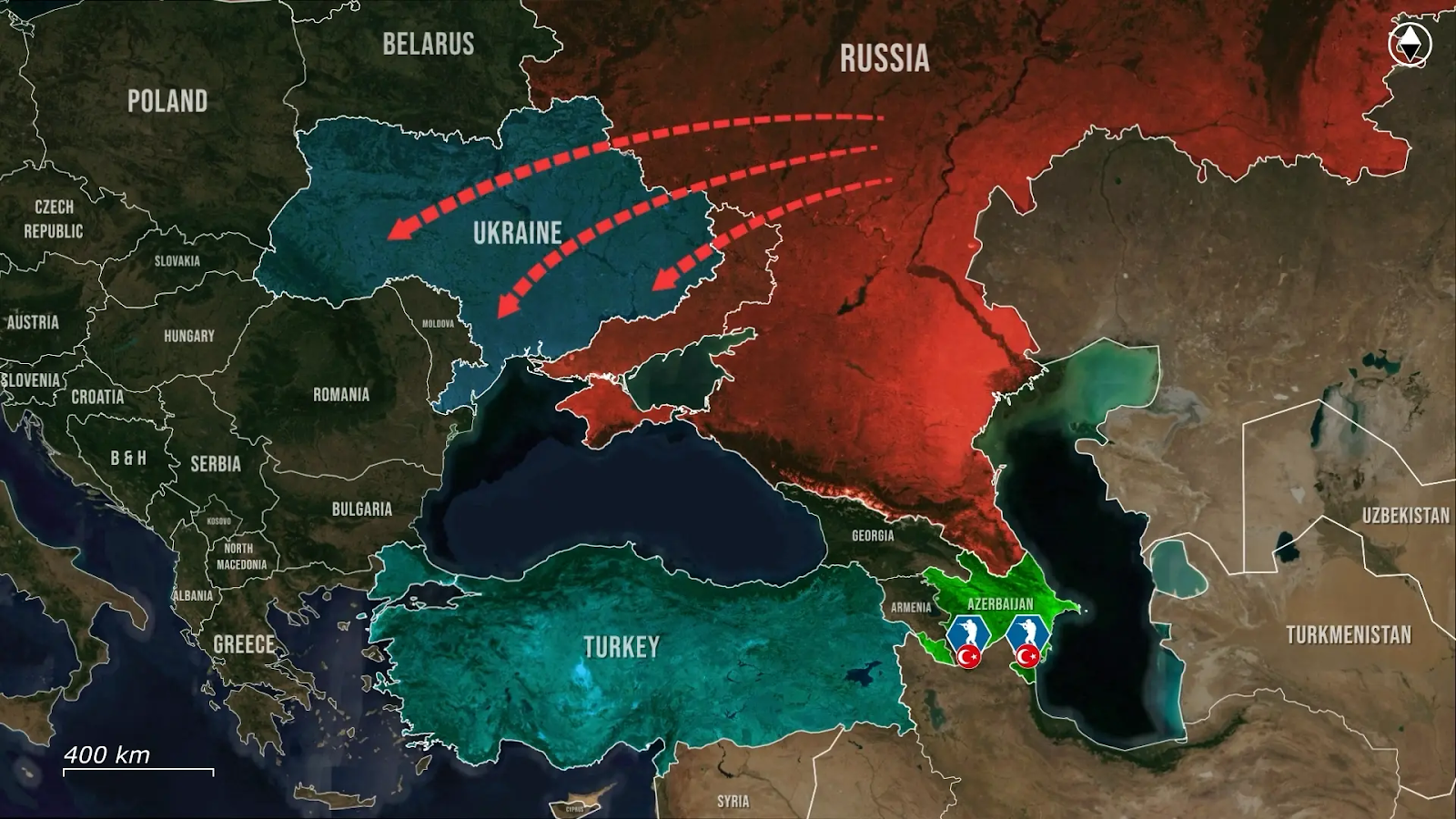
In Azerbaijan, calls are growing for Turkish troops to serve as permanent peacekeepers and security guarantors against any future Russian move. The idea gained momentum after an Azerbaijani journalist asked Turkish President Erdogan when the Turkish Army would come to Azerbaijan, because without it, there is always the risk of a new Russian occupation. Azerbaijanis note that Turkish soldiers are the ultimate deterrent to Moscow, as Russia continues moving additional troops toward the Azerbaijani border and reinforces its military bases in Armenia despite Armenian protests. Turkish special forces and advisors already rotate through Azerbaijani units, and the private military company Sadat has an established presence, but the current push is for a permanent and full-on Turkish military presence in Azerbaijan. By joining and shaping public debate in both countries, Turkey is testing the waters for a permanent deployment that would complicate any Russian military action in the Caucasus.
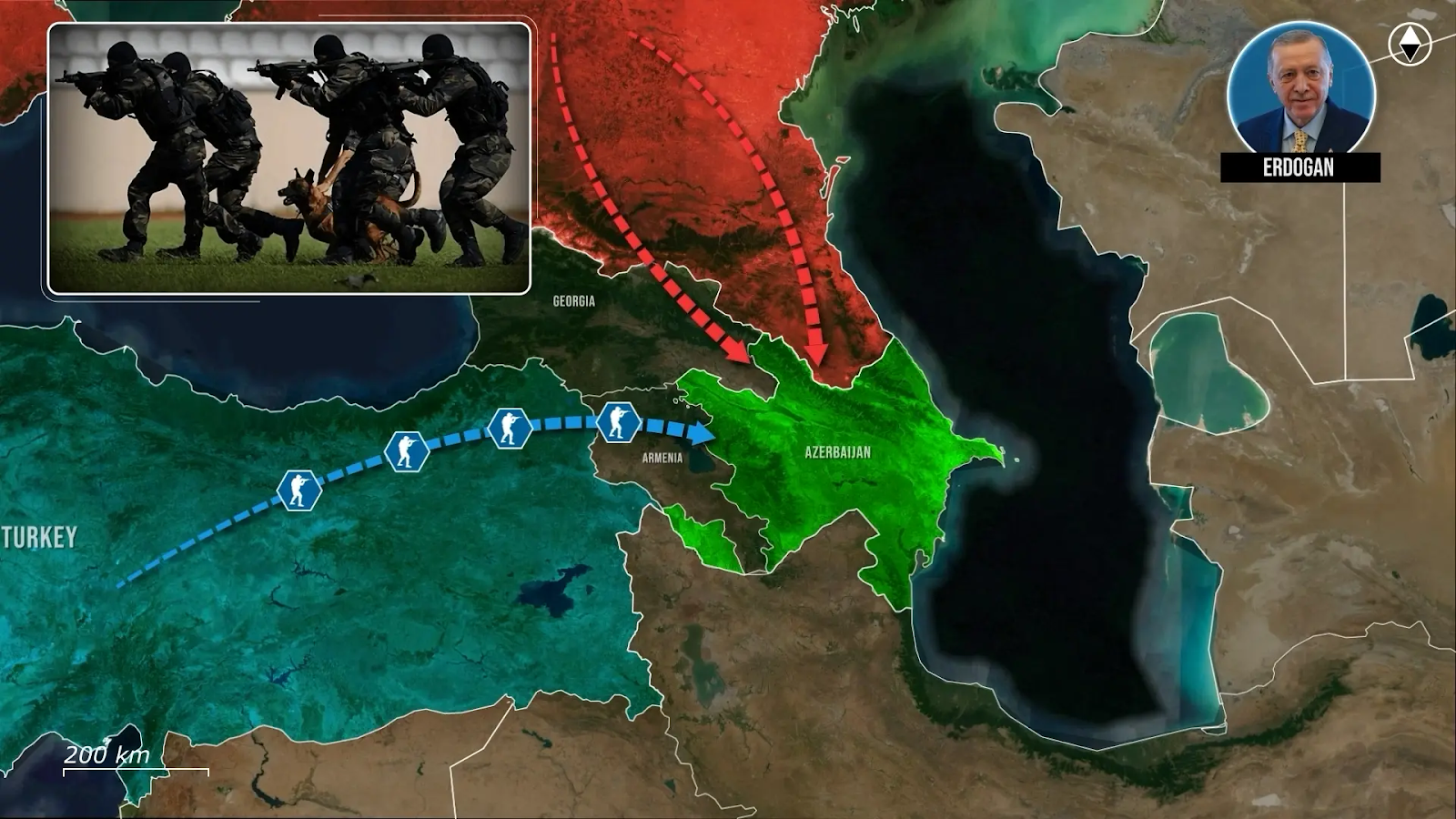
At the same time, Azerbaijan is breaking with Soviet military traditions, because President Ilham Aliyev has ordered a full switch from Russia’s military coordinate grid system to the US-developed World Geodetic System, the standard used by NATO. This removes one of the last major Russian frameworks still embedded in Azerbaijani military planning, marking a decisive break from the Soviet systems that once structured Baku’s entire defense doctrine.
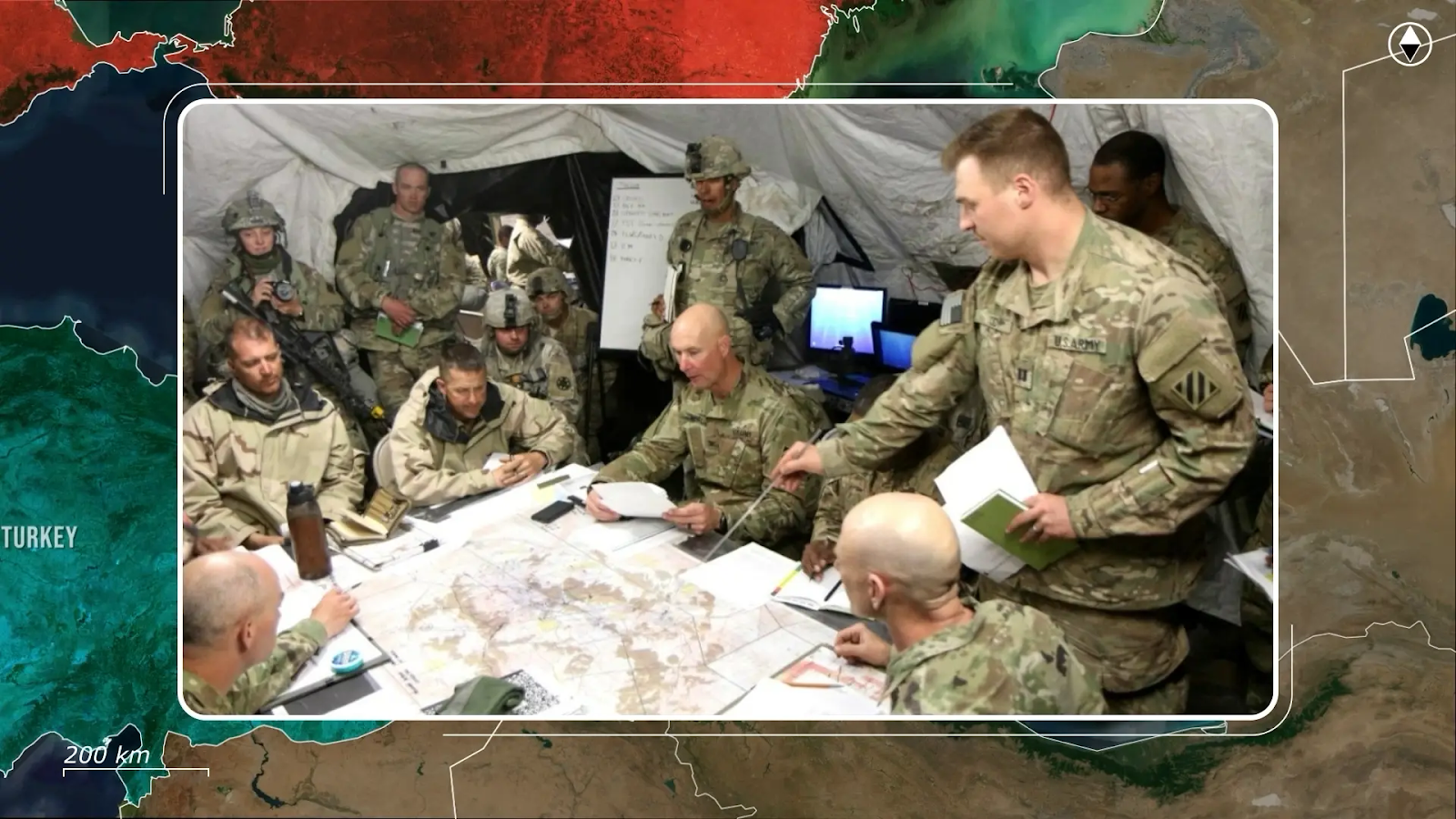
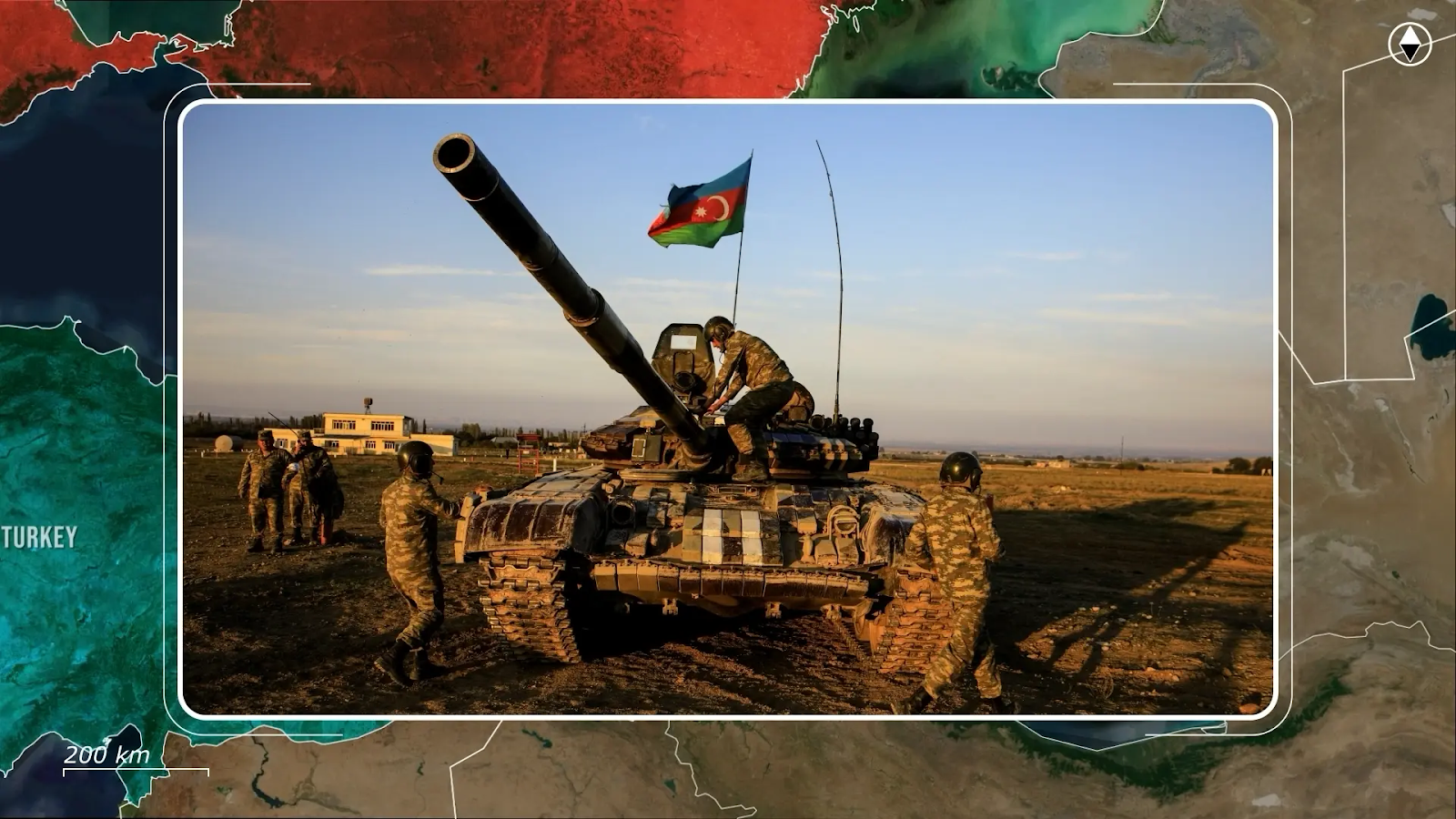
This system integrates GPS and satellite imagery to ensure efficiency in targeting data and joint operational planning across allied forces. By adopting it, Azerbaijan can now receive and provide Nato-standard military coordinates, reconnaissance, and targeting data more effectively and without delay with Turkish and other allied units, and train in joint operations with no conversion gap.
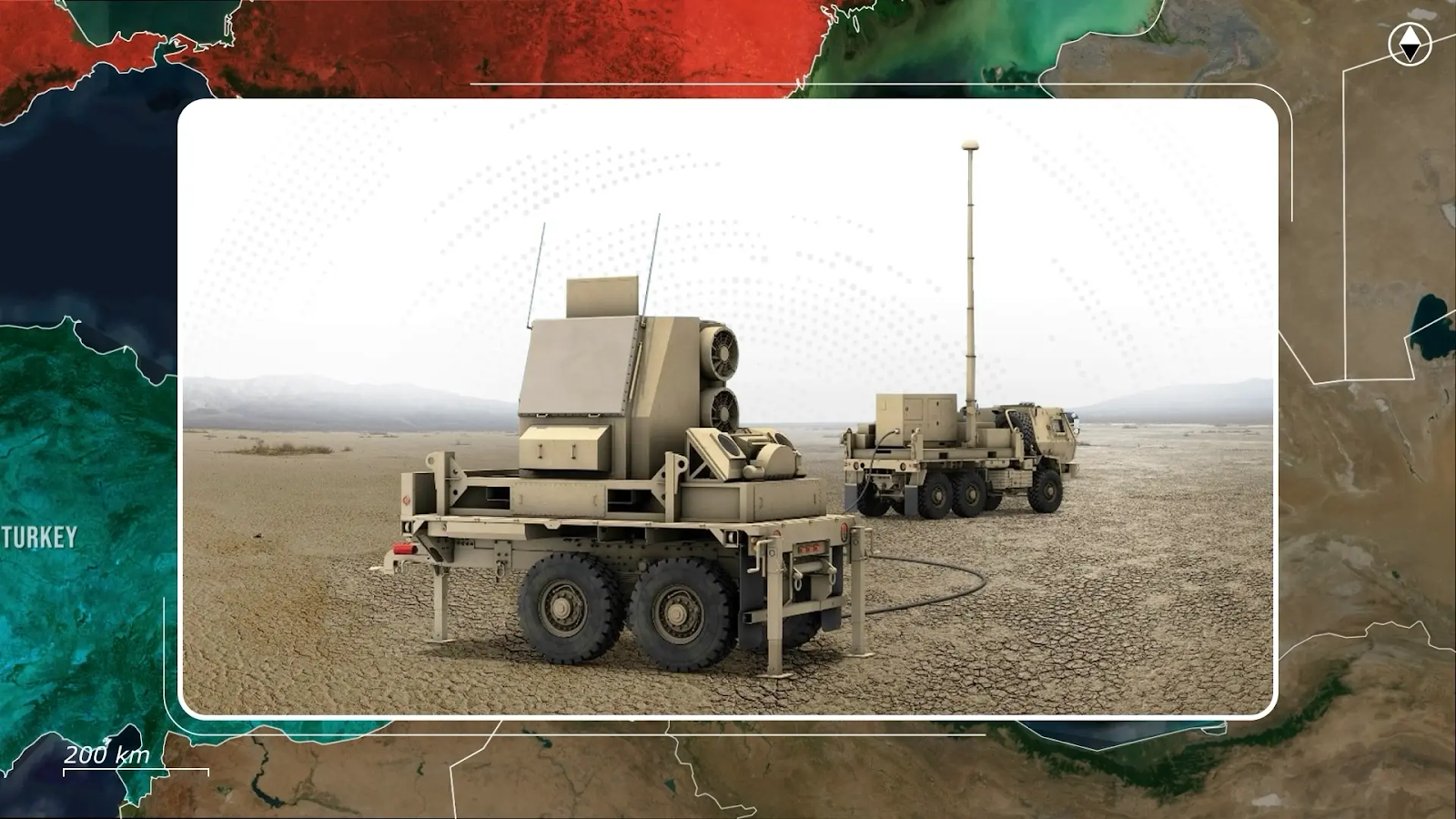
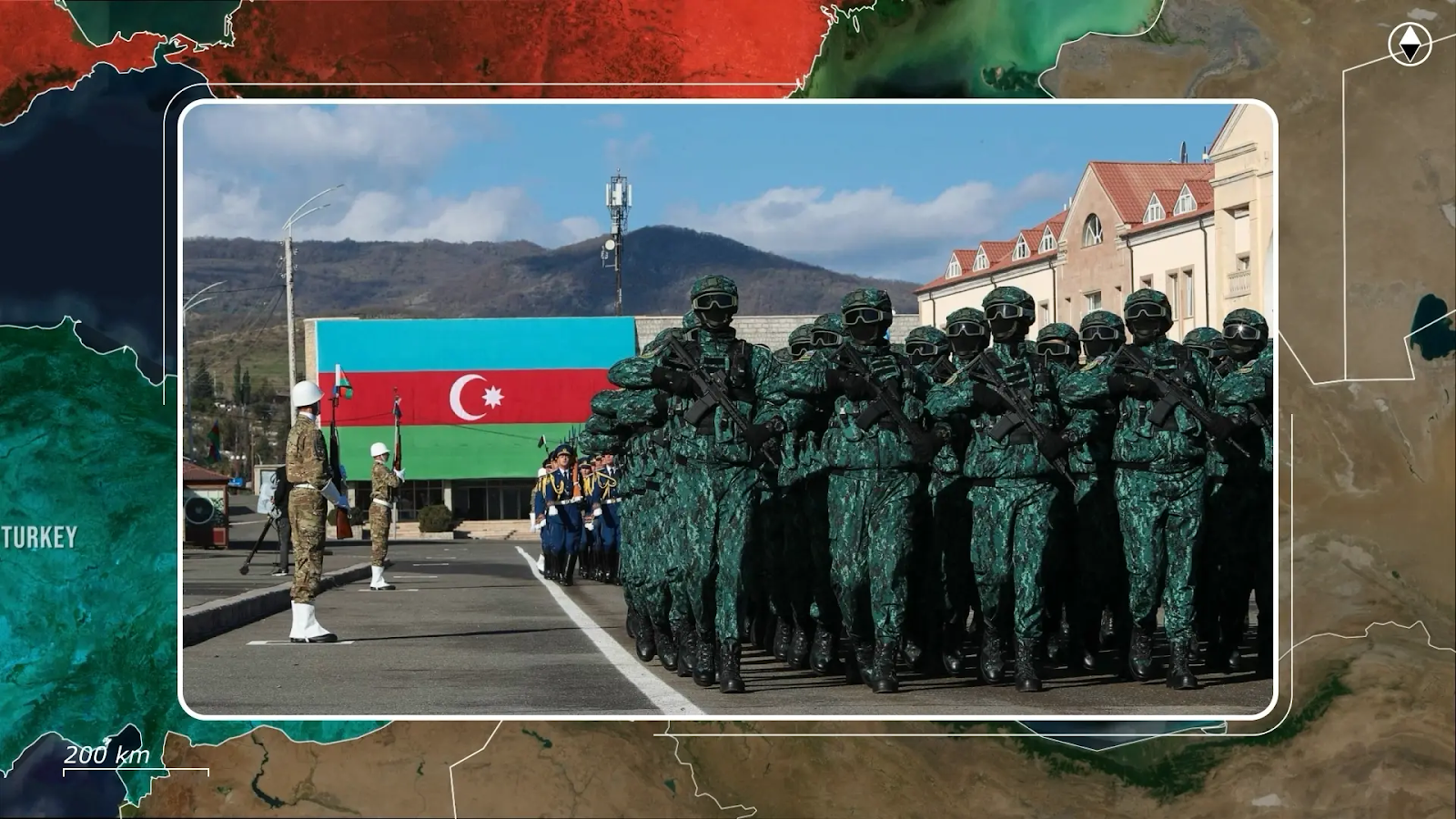
This directly supports Baku’s push for a permanent Turkish troop presence, ensuring both forces could operate seamlessly with one another from the first day of deployment. While the shift is technical, it carries a clear strategic signal: Azerbaijan is making genuine preparations for potential defensive conflict with Russia by aligning its mapping, targeting, and navigation infrastructure with the West and removing all dependency on Russian systems in wartime.
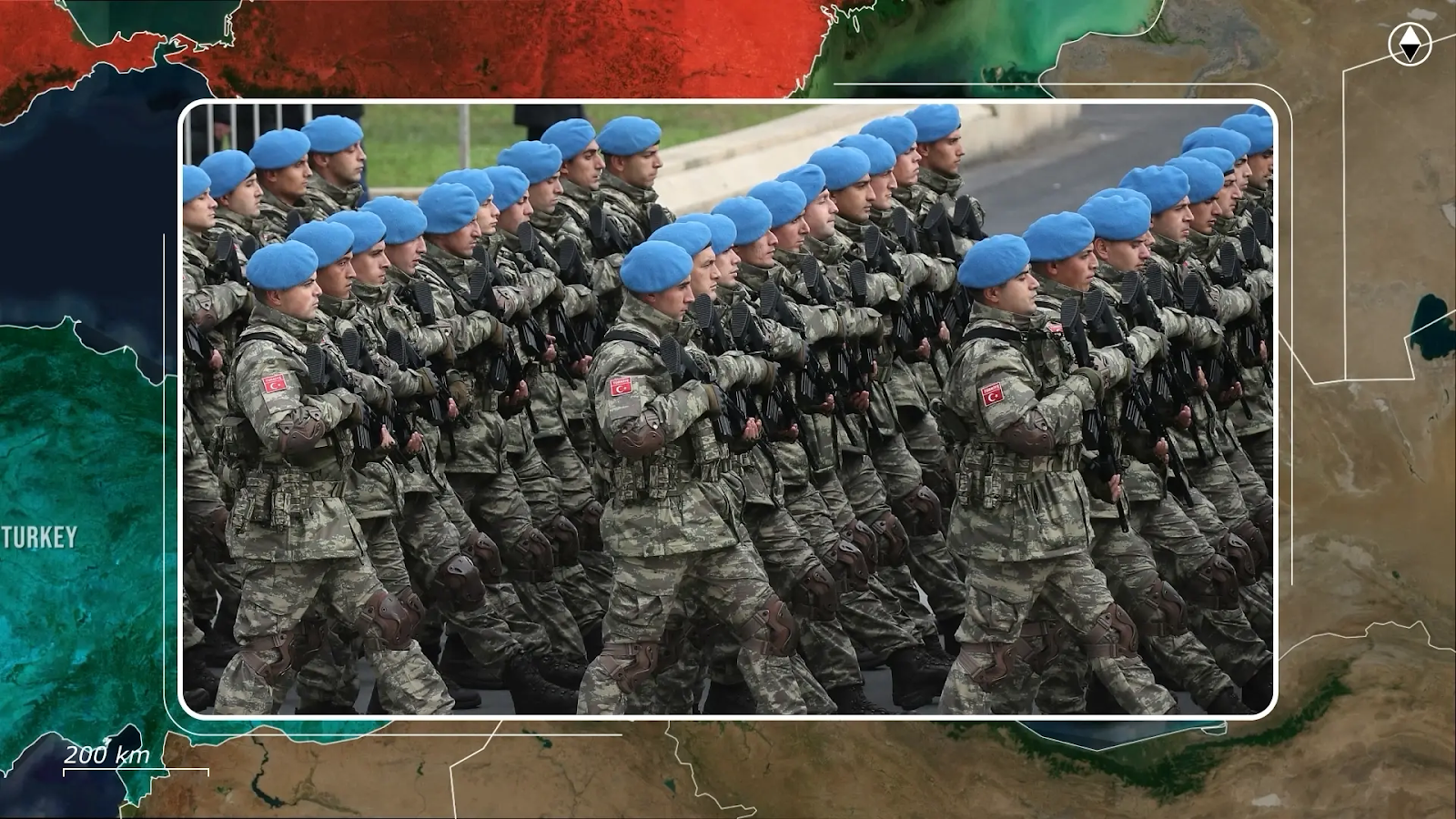
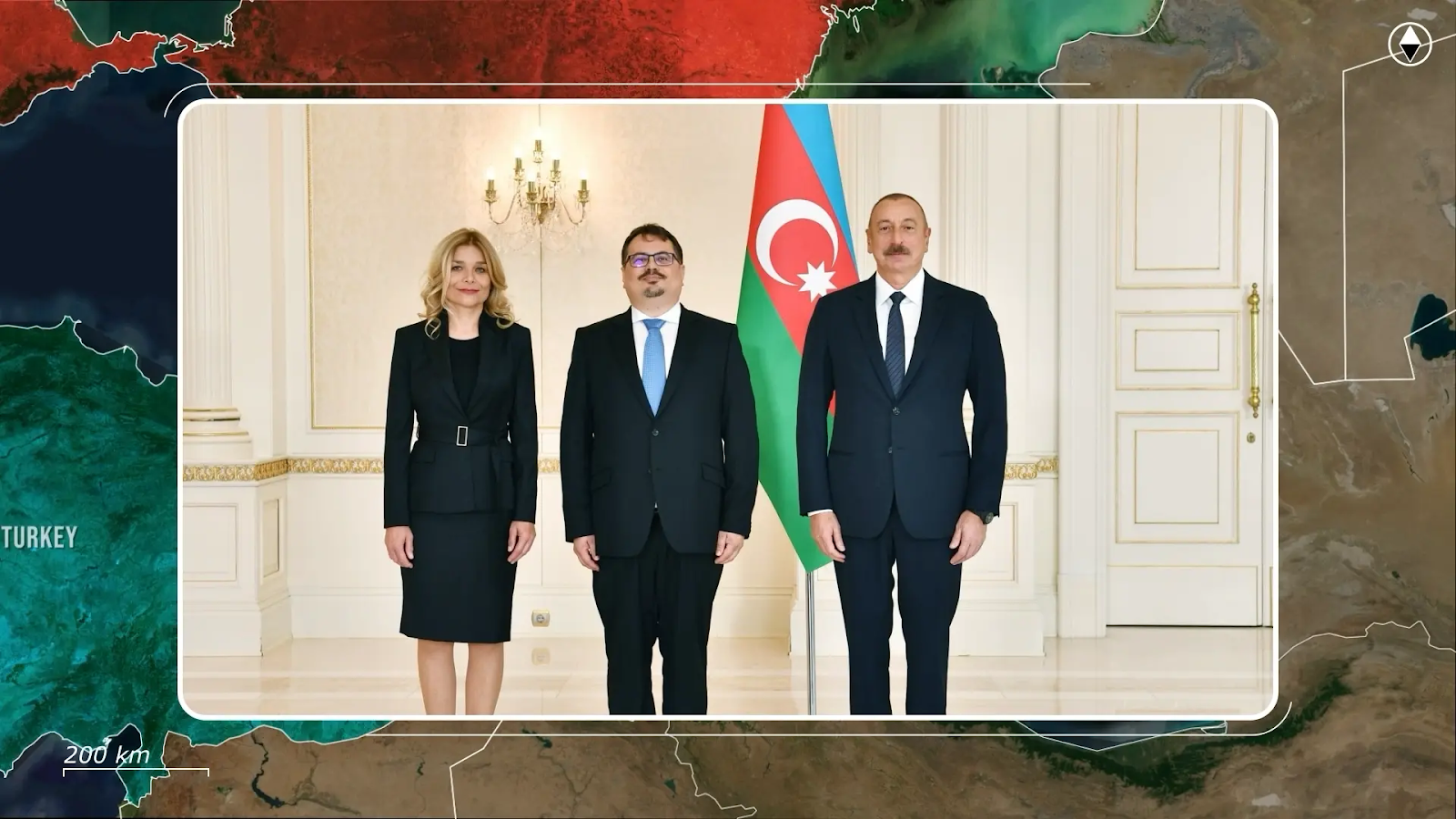
The sharpest warning, however, came after Russian missile and drone strikes deliberately destroyed facilities of Socar, Azerbaijan’s state oil company, with precise long-range attacks in Ukraine.
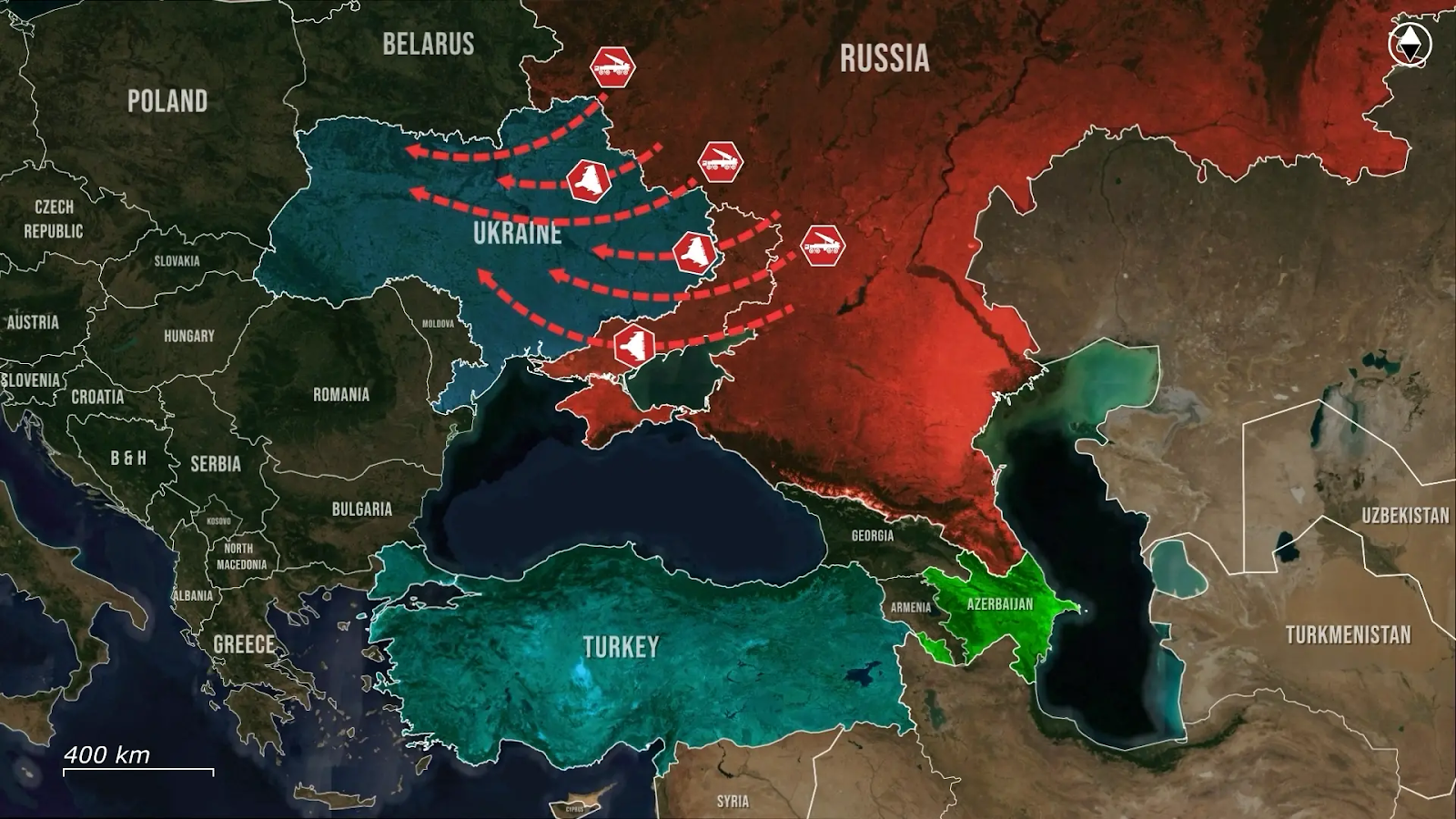
Baku publicly threatened to respond by sending not just Humanitarian support or defensive equipment to Ukraine, but actual weapons. Notably, the Baku-based Avia-Agregat plant began producing 122 millimeter and 155 millimeter artillery shells using Turkish and Bulgarian production lines already in 2022. These are exactly the kinds of munitions Ukraine needs most: artillery shells to sustain defensive and offensive operations. If Baku scales up such deliveries, the geopolitical impact would be immediate; another former Russian ally would be openly arming Ukraine, signaling a deepening strategic defeat for Moscow. Russia’s attacks on Socar assets have therefore created the risk of provoking a stronger, more open Azerbaijani military role in Ukraine, a shift that Azerbaijan could make without fear of military retaliation if Turkey deploys its peacekeepers in the region.
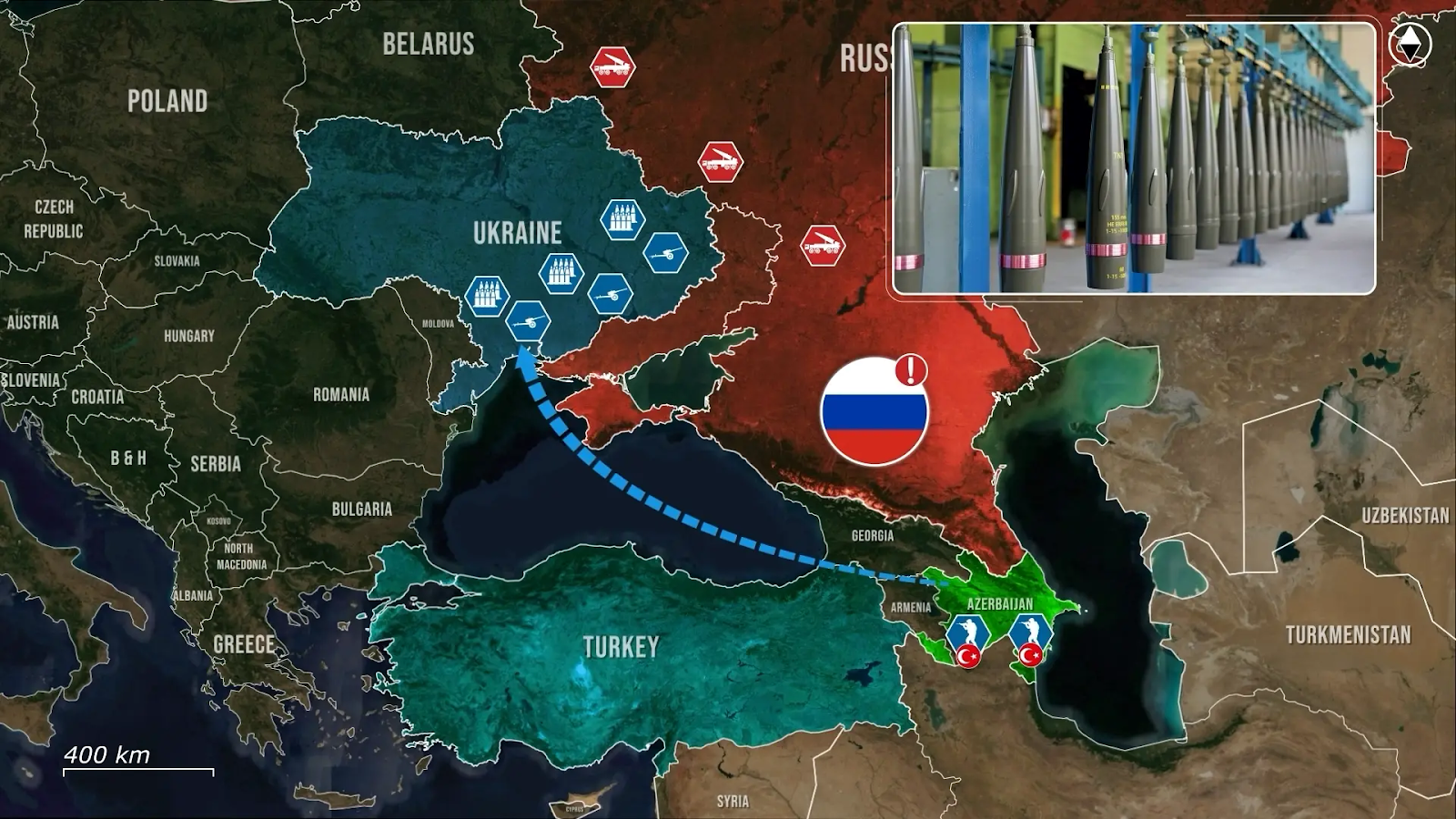
Overall, what began as targeted strikes on energy facilities is now feeding into a broader realignment, with Azerbaijan openly seeking Turkish troop deployments, embedding Nato systems into its military to ensure full interoperability, and weighing whether to arm Ukraine more heavily. Each step is a response to Russian provocations and a move that further isolates Moscow. The irony is that by hitting Socar in Ukraine, Russia may have accelerated trends that were already underway, turning a wary neighbor into an active security partner for both Turkey and Ukraine. If these steps continue, the Kremlin could find that in trying to punish Azerbaijan, it instead pushes it firmly into the opposing camp with consequences that reach far beyond the oil sector.
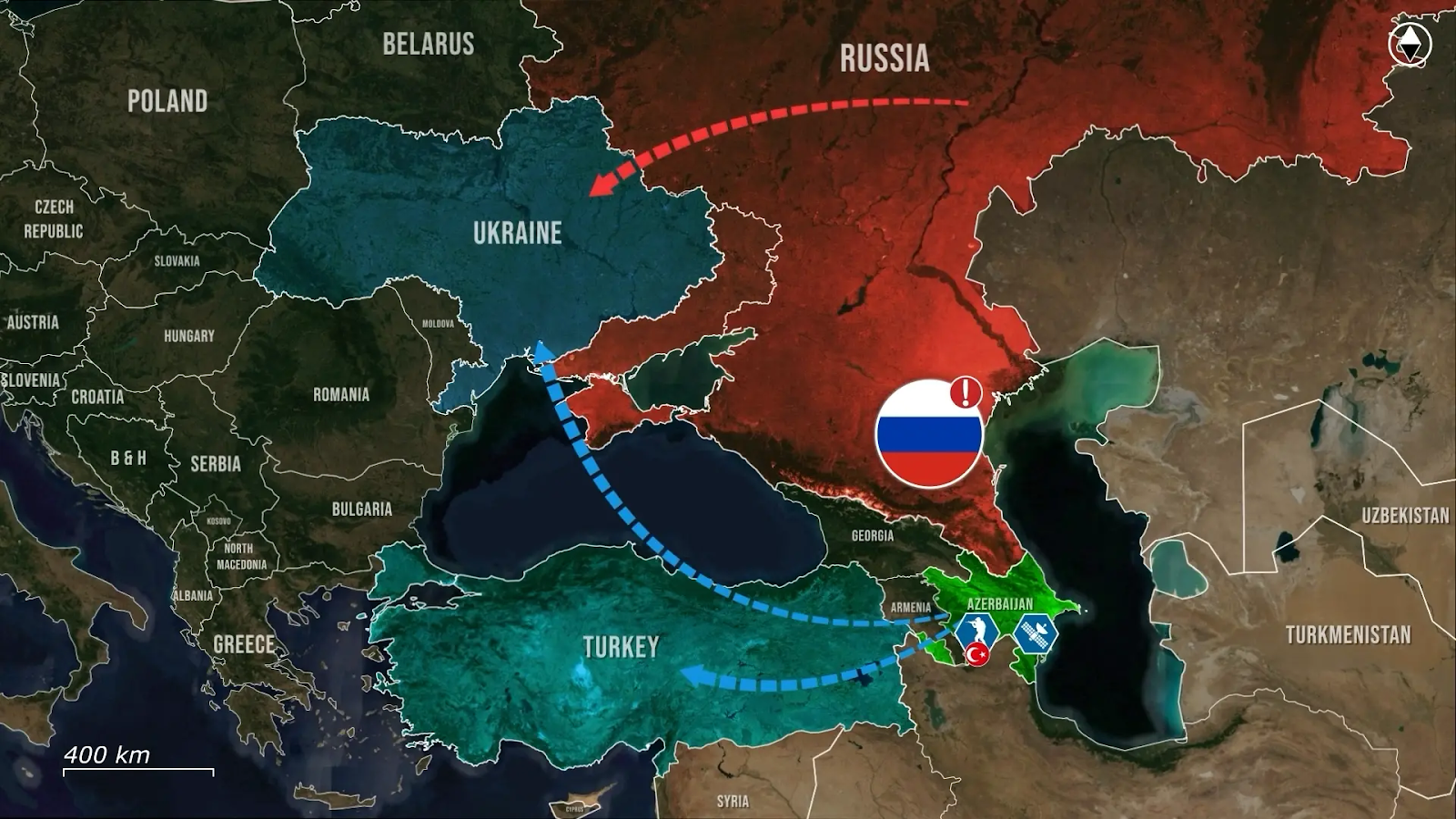

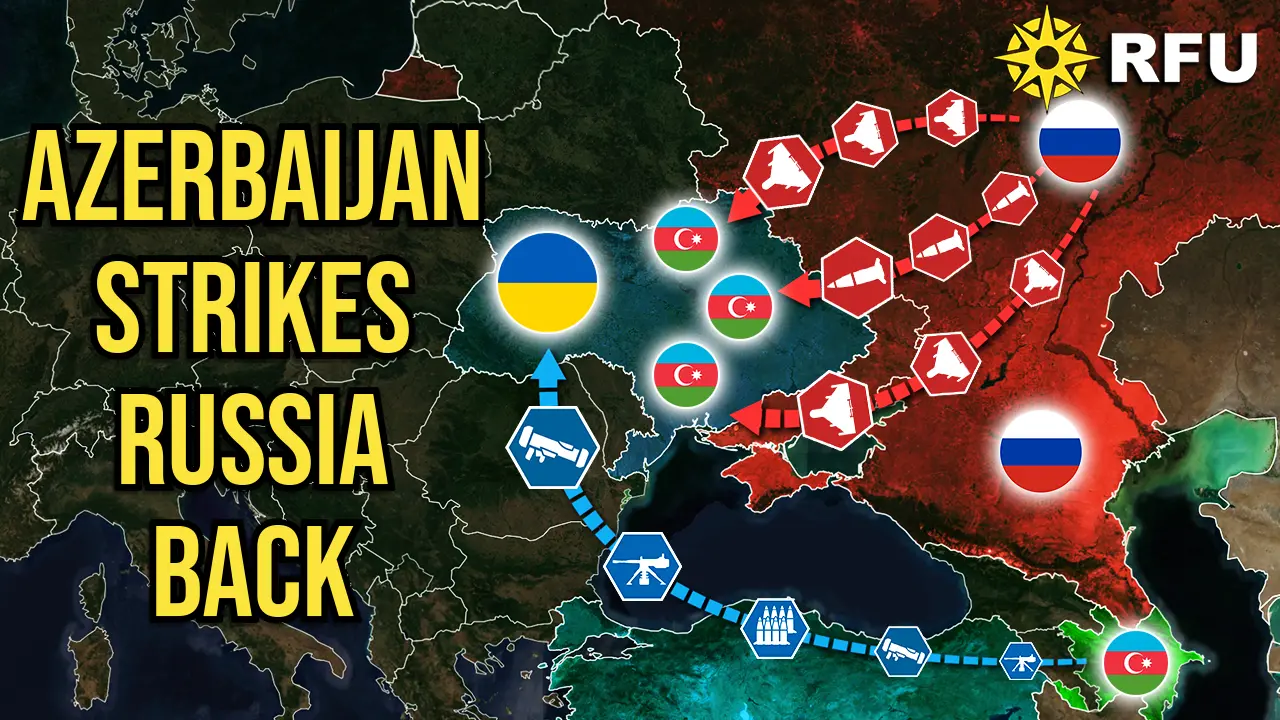
.jpg)
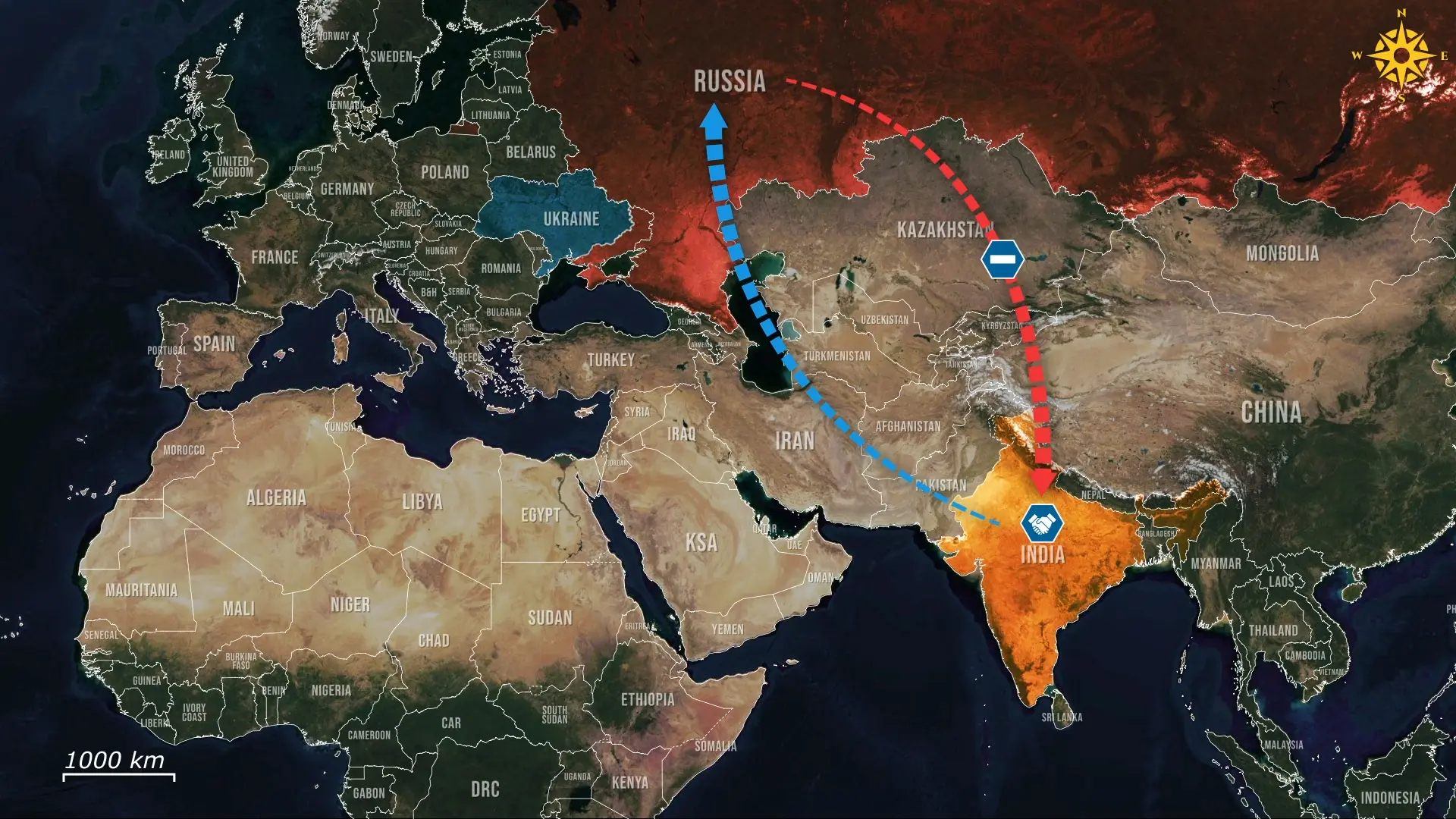
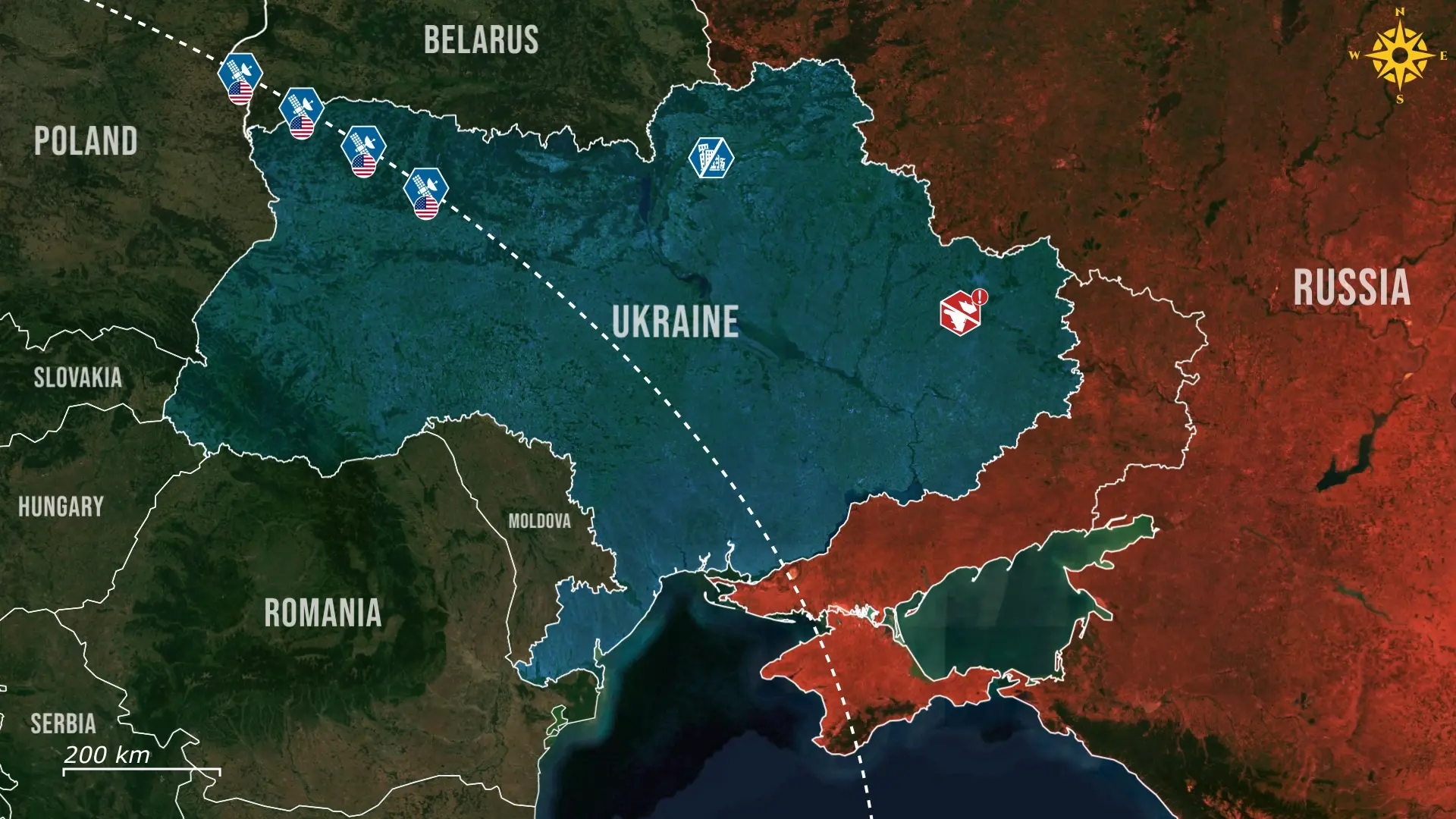
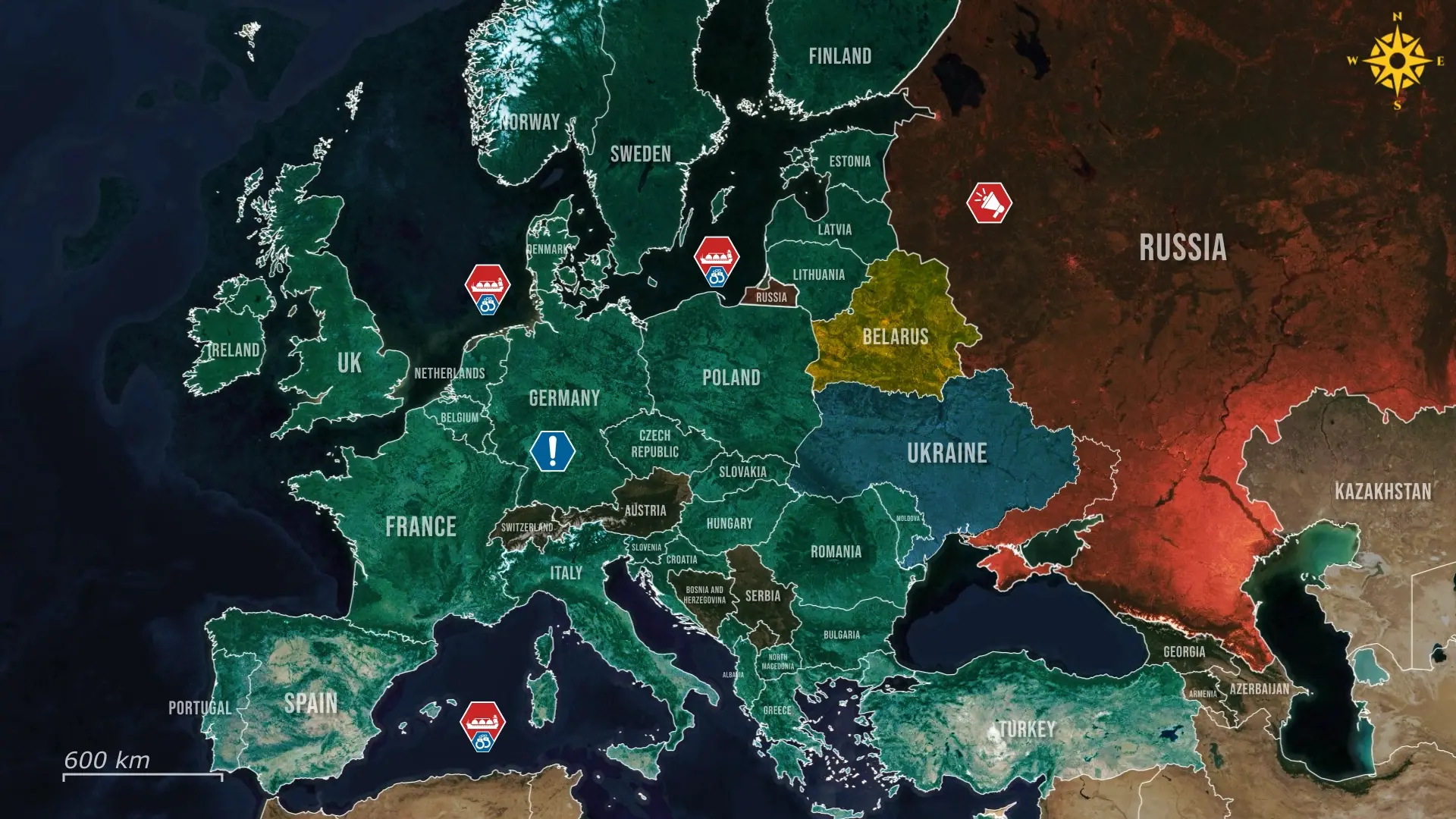
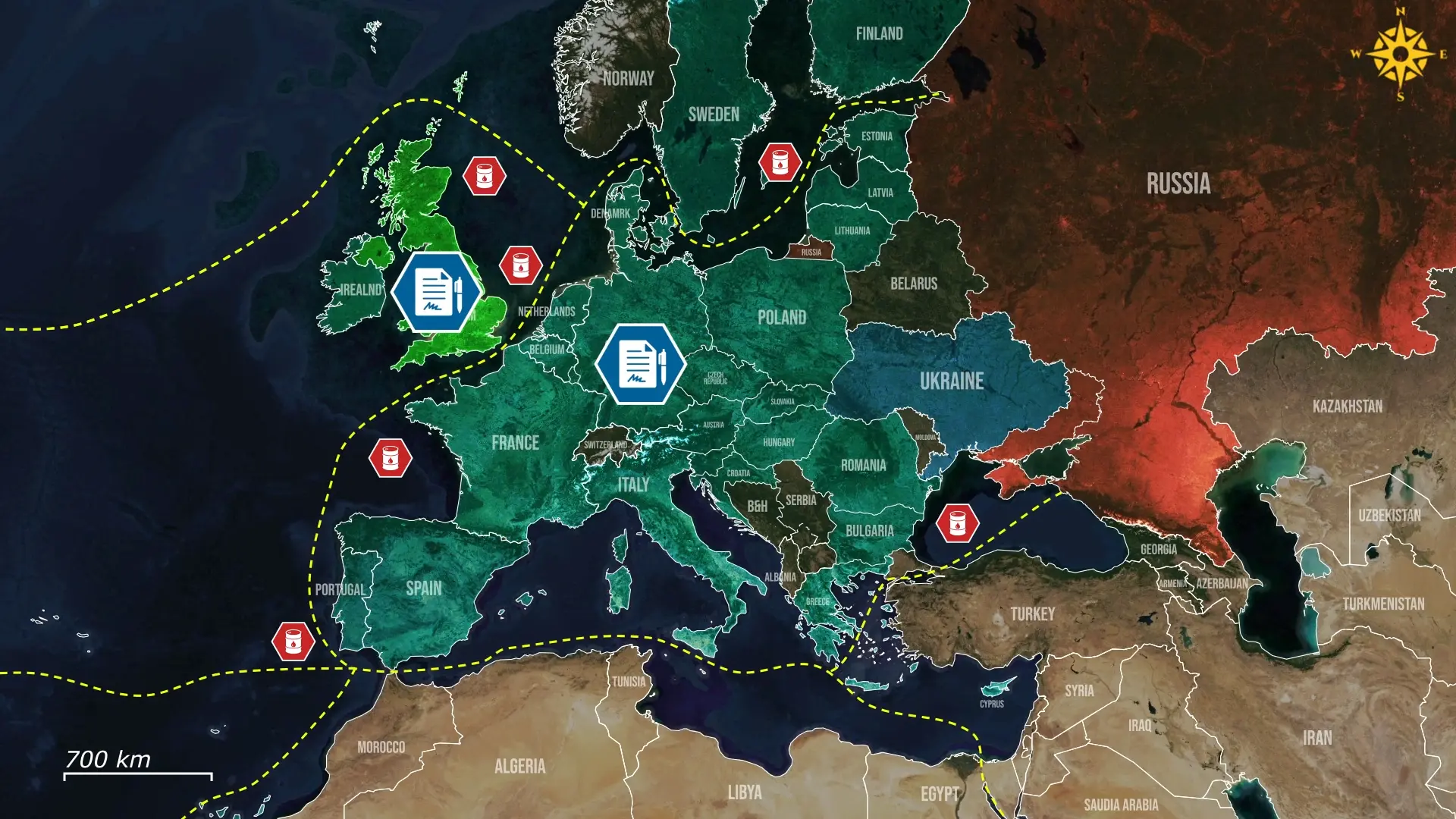
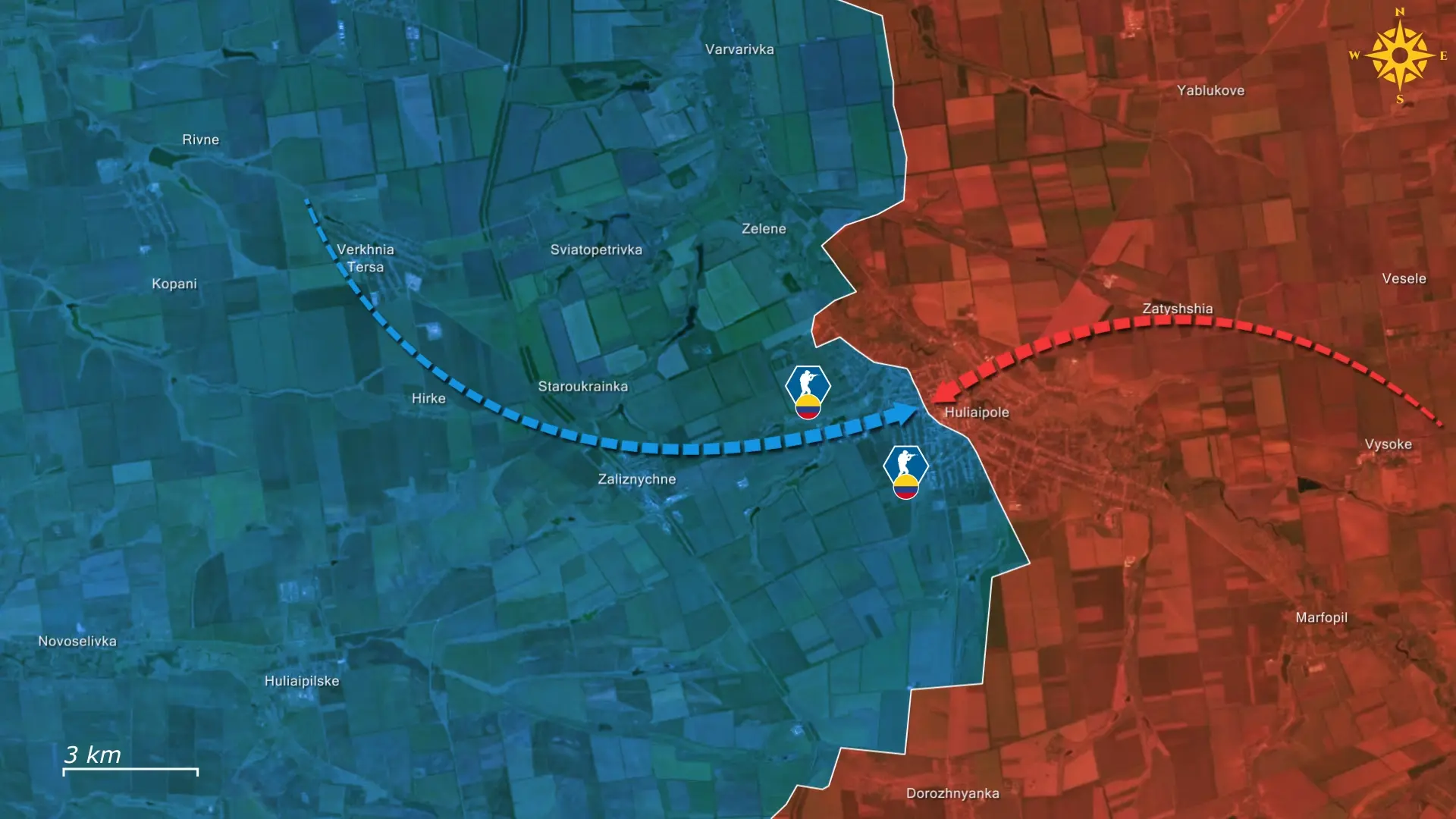

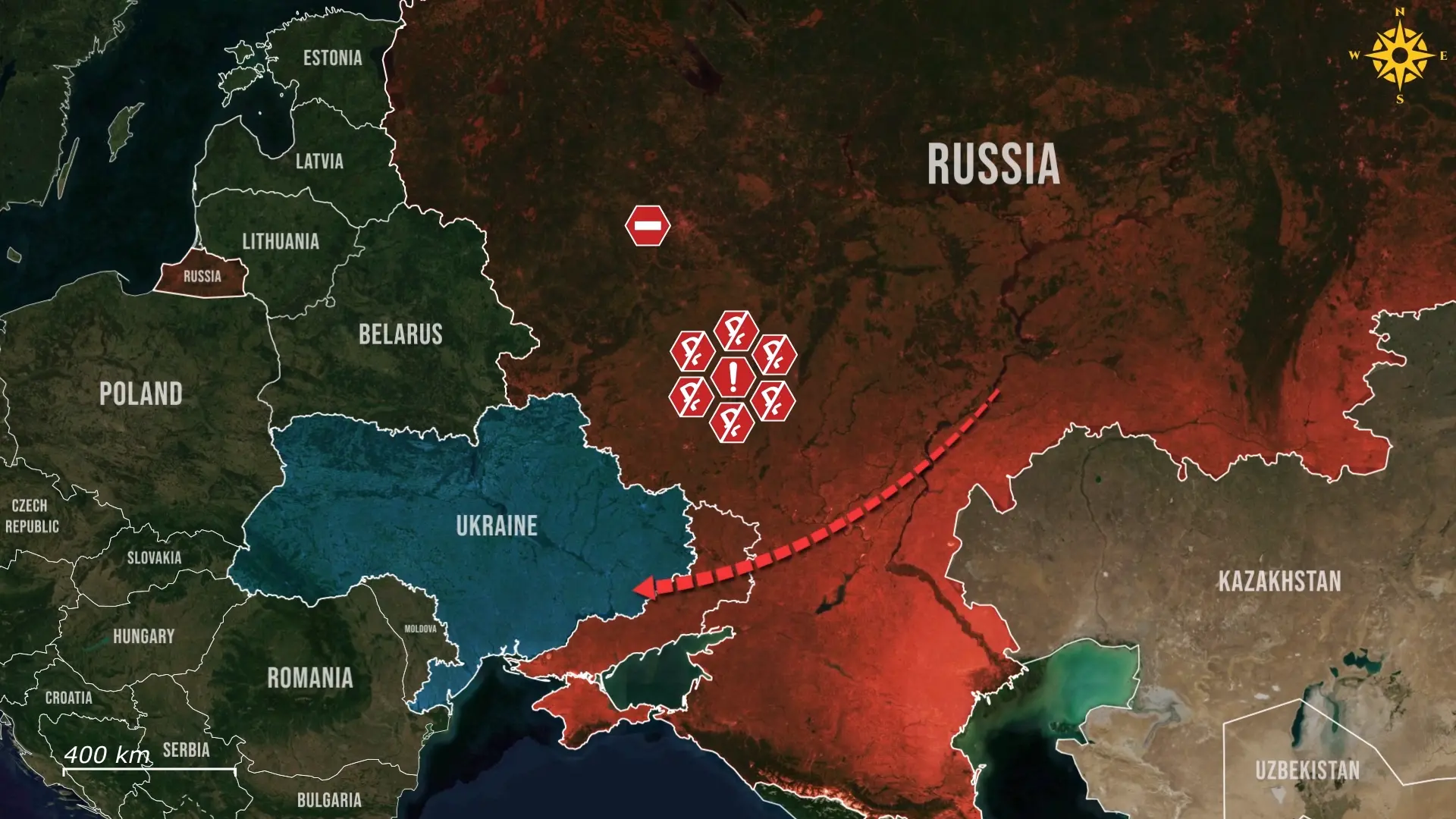
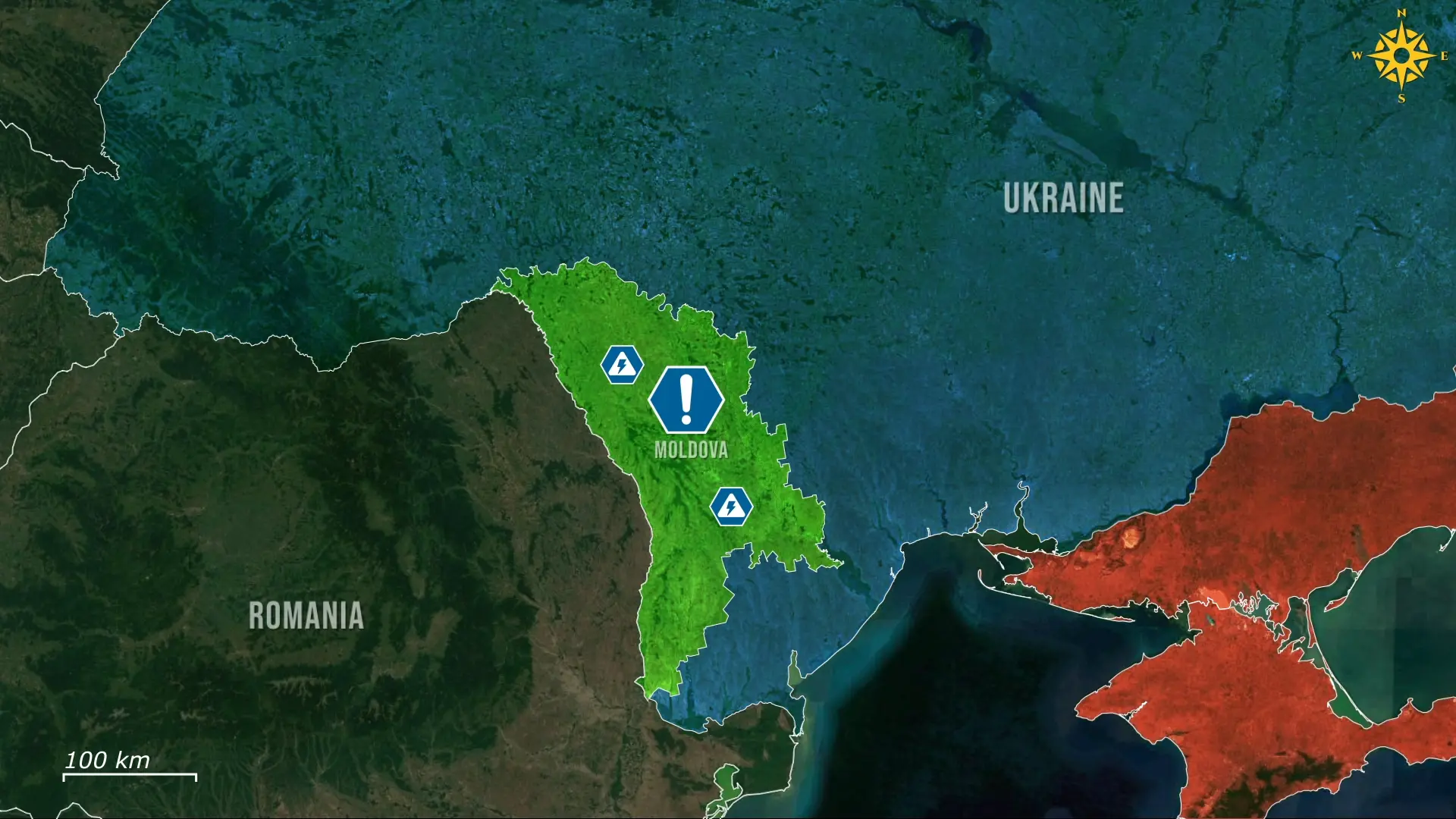
Comments